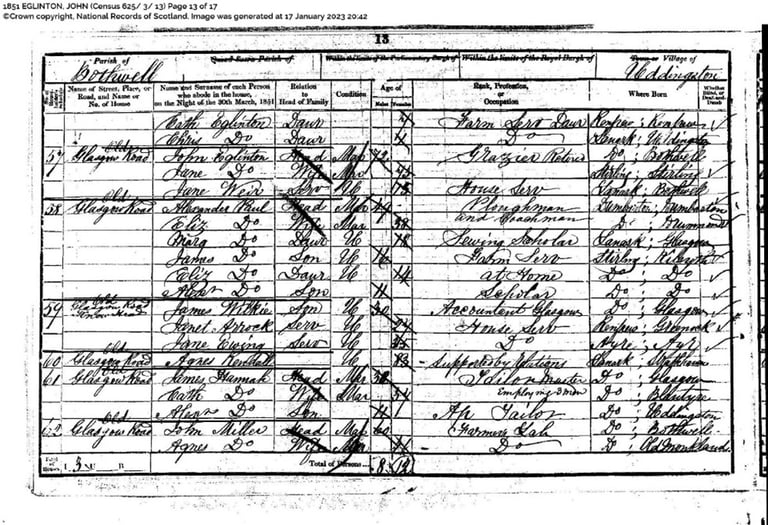Statutory Records: An Introduction [1 of 8]
FAMILY HISTORY


Statutory records have become an invaluable source of information for family historians. These records, which are created by both governments and other official and unofficial bodies, provide a wealth of information about individuals and their families. Statutory records include birth, marriage, and death certificates, census records, and other documents related to civil registration.
Statutory Records: An Introduction
Statutory records as the name suggests are where a requirement to keep records are in statute. This means that “we” have to keep and maintain these records by law. Statutory records have become an invaluable source of information for family historians. These records, which are created by both governments and other official and unofficial bodies, provide a wealth of information about individuals and their families. Statutory records include birth, marriage, and death certificates, census records, and other documents related to civil registration.
Birth, marriage, and death certificates are perhaps the most important statutory records for family historians. These documents provide information about the names and ages of individuals, their birthplaces, and their parents' names. This information can be used to trace lineage and learn more about our ancestors.
Census records are also a key source of information for family historians. These documents provide a snapshot of a particular time and place and can be used to learn more about an ancestor's occupation, place of residence, and family members.
In addition to the census records and the records of birth, marriage and death, other sources of information for family history research include parish records, wills and memorials. By combining all these sources, it is possible to build up a detailed picture of the lives of our ancestors and of the wider social and economic context in which they lived.
Other important statutory records include military records, land records, and court records. Military records can provide information about an ancestor's service in the armed forces, while land records can provide information about land ownership. Court records can provide information about legal disputes, criminal records, and other matters such as financial responsibility for children.
(c) 2024
